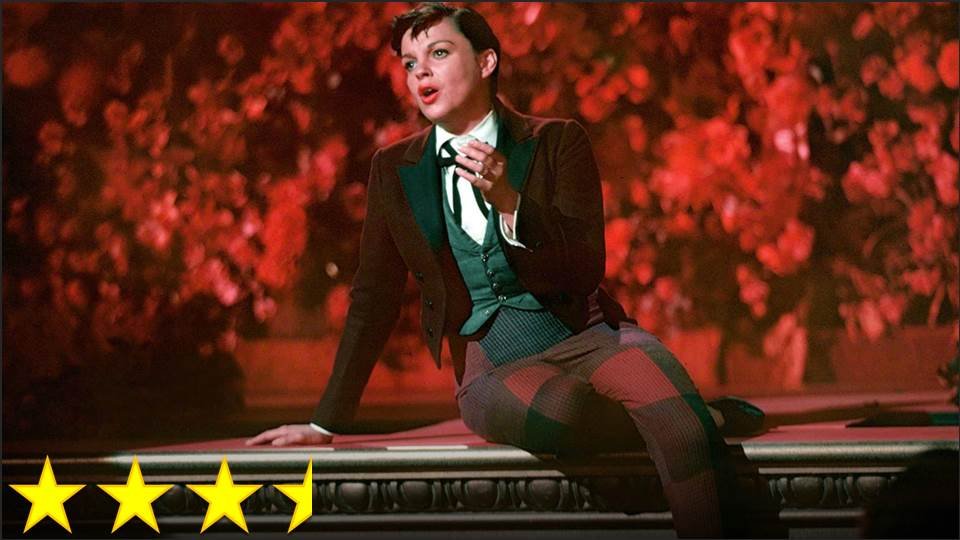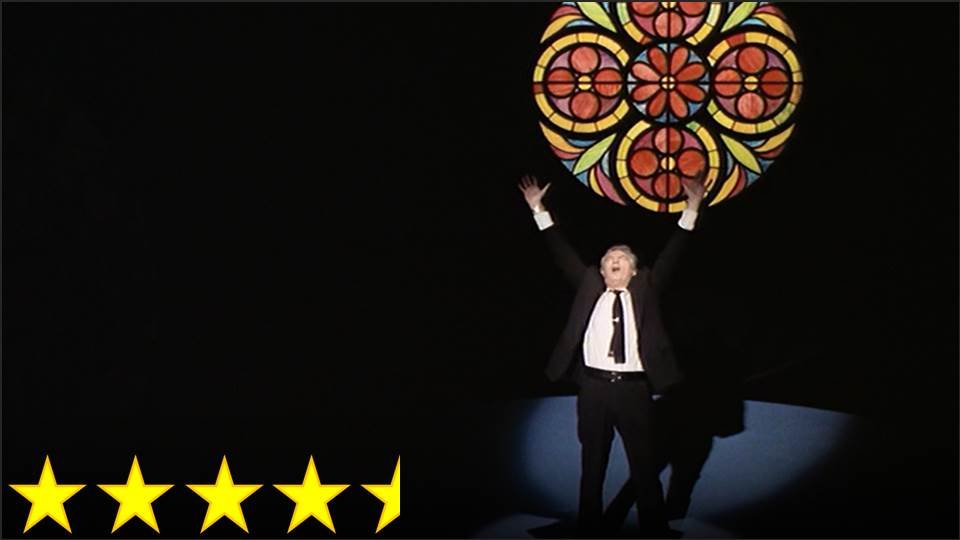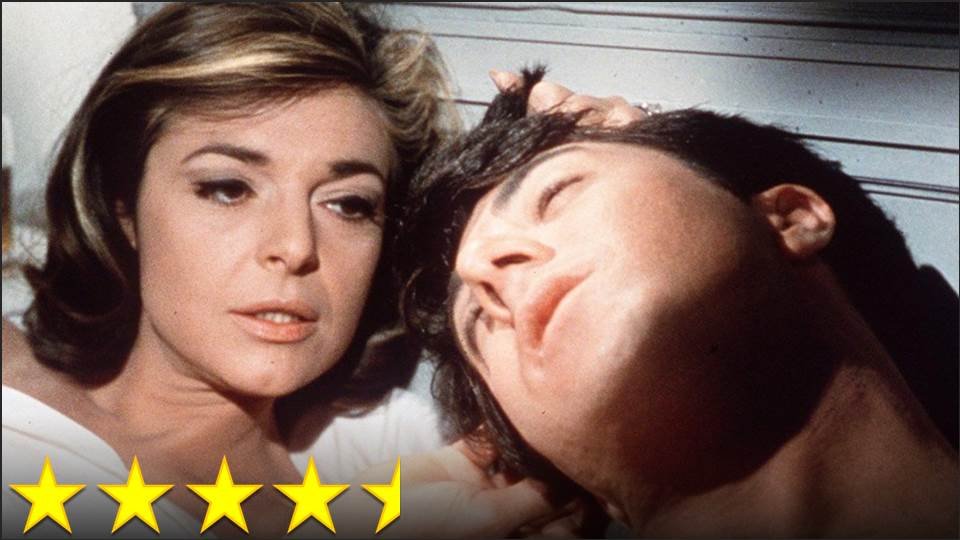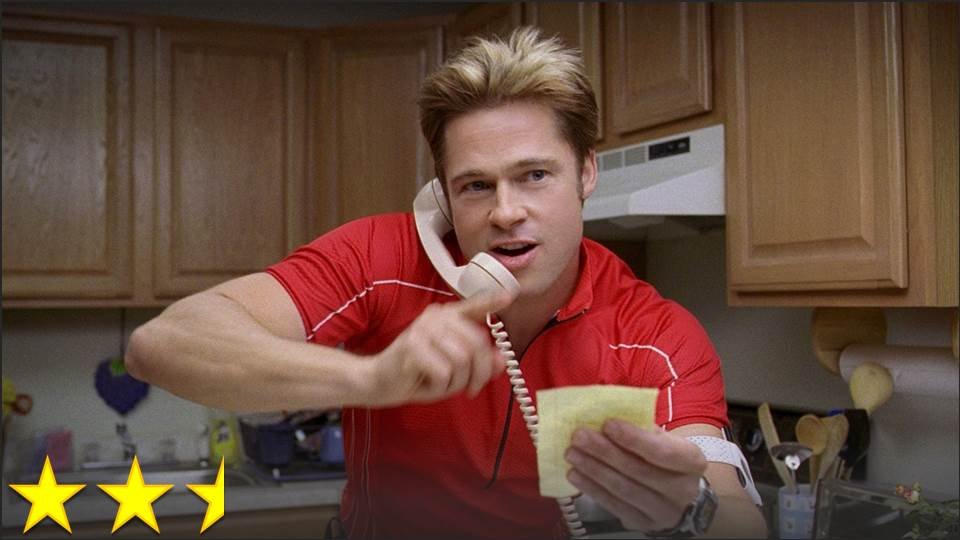This movie may have made a big splash in its day, but I don’t think it gets talked about much anymore. I can understand why – in many respects it’s very generic. It’s the kind of romantic epic/tragicomedy that feels like textbook Oscar-bait, just mixed together with show-tunes. That being said, it’s a pretty solid film. It may start out boring, but as it goes on, the performances get more impressive, the drama gets more captivating, and the musical numbers get more enjoyable. The look of some of these numbers alone is reason enough to watch the film, and I see this as one of the greatest examples of theatricality in cinema at its best.
But at the end of the day, as expected, the appeal is Judy Garland. I’ve always known she was a great singer, but this is the movie that shows the full range of her acting abilities. What’s amazing is how she takes a character that’s absurdly cliché and makes her distinct. Along with her co-star, she made me really care about a story in which I thought I would have no interest, creating a level of sincere, beautiful drama I hardly ever see.
So yes, much of the movie is trite and forgettable, and the film starts off quite boring – I imagine it stays boring for those who don’t like musicals – but it redeems itself in spades.





